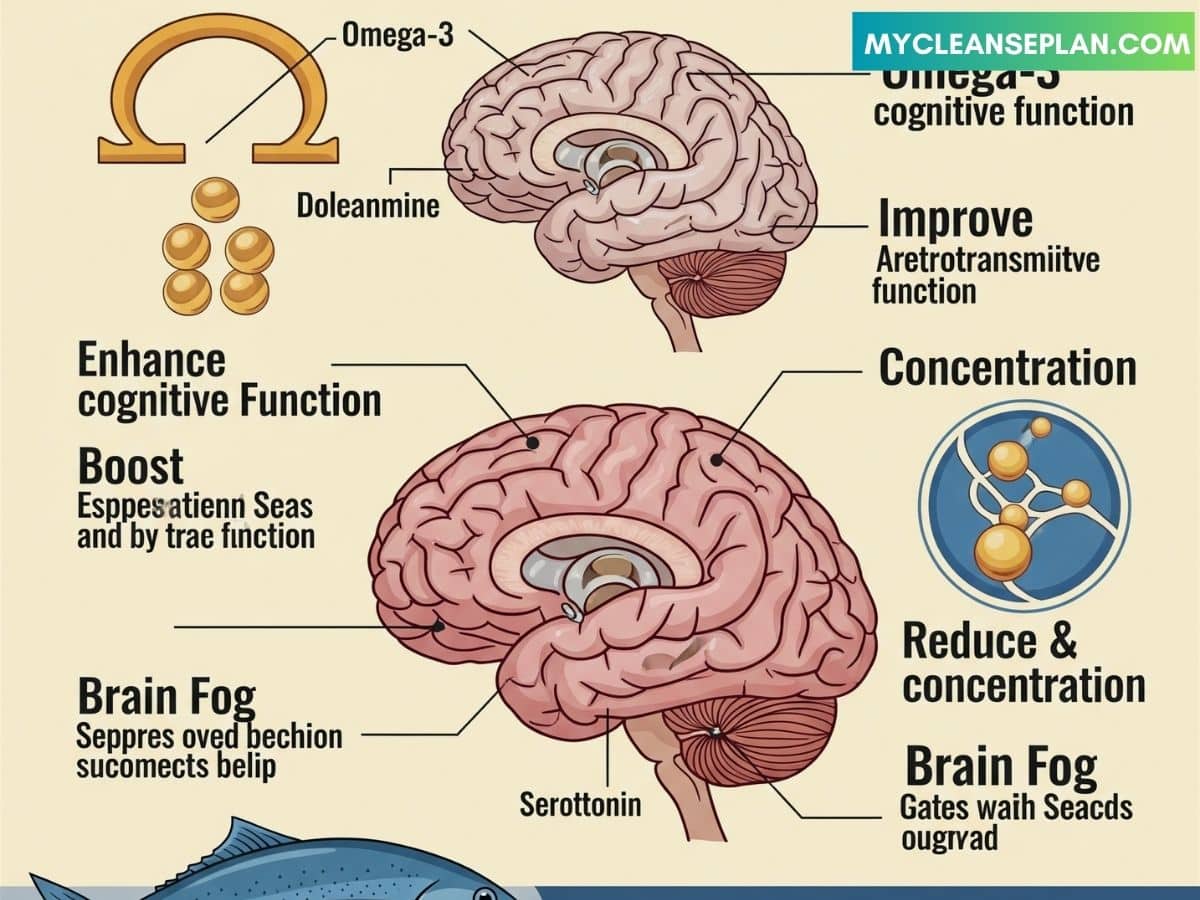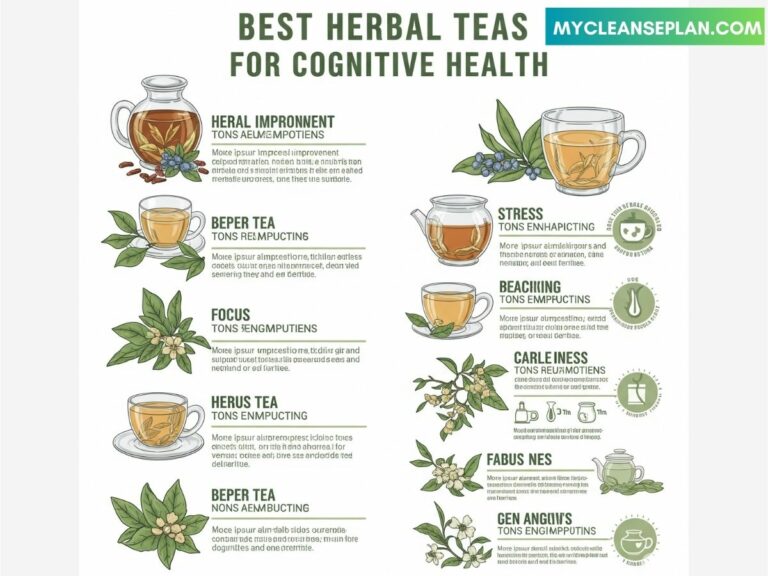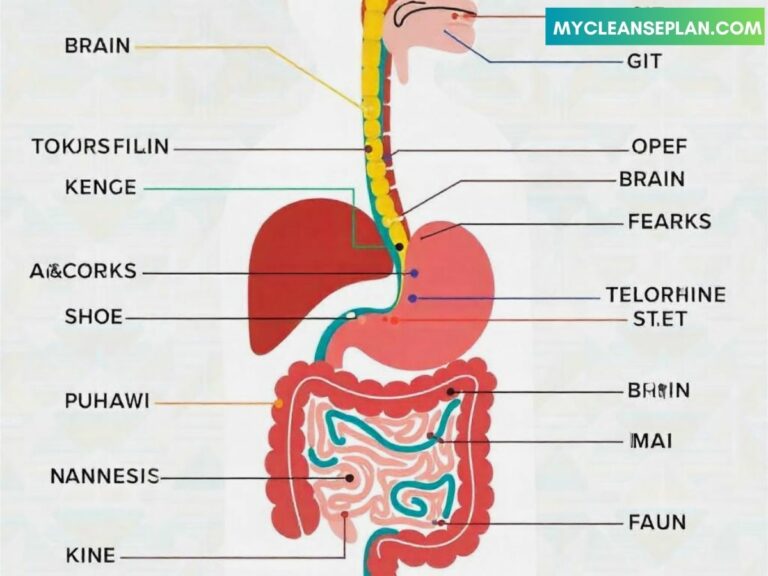How Omega-3s Support Mental Clarity?
Thinking about how to boost my brain power led me to omega-3 fatty acids. They play a big role in keeping our brains sharp. In today’s fast-paced world, staying mentally clear is key for getting things done and feeling good.
Studies show that omega-3s are vital for our brains. They help with memory, focus, and how quickly we process information. Eating foods rich in omega-3s has really helped me think more clearly.
Science supports the benefits of omega-3s for our minds. They’re a great choice for anyone wanting to improve their mental sharpness.
Key Takeaways

Understanding Omega-3 Fatty Acids and Their Role in Brain Health

Omega-3 fatty acids are key nutrients for brain health. They are important for brain function and growth. They also affect our thinking and mood.
https://gigasecurehome.com/how-to-connect-google-home-to-hotspot
What Are Omega-3 Fatty Acids?
Omega-3 fatty acids are a special kind of fat our bodies can’t make. They are essential because we need them for health but can’t make them ourselves. So, we must get them from food or supplements.

The importance of omega-3s is huge. They help our hearts, reduce inflammation, and support brain function. Studies show they are vital for brain growth and may help with mental health.
The Three Main Types: EPA, DHA, and ALA
The main types of omega-3s are EPA, DHA, and ALA. EPA and DHA are mostly in fish and seafood. ALA is in plants like flaxseeds and walnuts.
EPA fights inflammation, DHA is key for brain health, and ALA helps make EPA and DHA. Knowing about these types helps us choose the right foods and supplements for brain health and clear thinking.
How Omega-3s Support Mental Clarity

Omega-3 fatty acids are key for keeping our minds sharp. They help our brains work well. Studies show how omega-3s boost our brain power.
https://gigasecurehome.com/can-you-use-google-home-without-wifi
The Science Behind Brain Cell Structure and Function
Omega-3s, like EPA and DHA, keep brain cells healthy. They make sure brain cells can talk to each other well.
This helps our brains work better. Without enough omega-3s, our brains can struggle and face health risks.
“The importance of omega-3s in brain function cannot be overstated,” experts say.
Reducing Neuroinflammation for Clearer Thinking
Neuroinflammation hurts our brain’s ability to think clearly. Omega-3s fight this inflammation. They help our brains stay sharp and focused. By reducing brain inflammation, omega-3s make our thinking clearer.
Optimizing Neurotransmitter Pathways
Neurotransmitters help our brain send signals. They affect our mood and how well we think. Omega-3s help these messengers work right.
This is key for clear thinking and good brain health. Studies show omega-3s and neurotransmitters are closely linked, improving our brain function.
My Personal Journey to Cognitive Enhancement with Omega-3s

I noticed a constant mental fog that wouldn’t go away. It was making me less productive and affecting my mood. So, I started looking for a way to improve.
Recognizing My Mental Fog Symptoms
I first had to understand what was wrong. I found it hard to focus, forgot things, and felt mentally tired. These issues were hurting my work and personal life.
I kept a journal to track when these problems happened and what might cause them. This helped me see patterns. I realized my diet and lifestyle were key factors.
Discovering the Omega-3 Connection in My Diet
Research showed me how vital omega-3s are for the brain. They help fight inflammation and boost brain function.
I changed my diet to include more omega-3s. I ate more fatty fish, nuts, and seeds. I also thought about taking supplements to get enough omega-3s.
| Food Source | Omega-3 Content |
|---|---|
| Salmon | 1.8 grams per 3 oz serving |
| Walnuts | 2.5 grams per oz |
| Chia Seeds | 4.9 grams per oz |
These changes really helped. I felt sharper and more focused. My journey with omega-3s showed me their importance for a clear mind.
Cognitive Benefits of Omega-3 Fatty Acids: What Research Shows

Research shows Omega-3 fatty acids are key for brain health. They support cognitive function, and studies back this up.
Enhanced Memory and Learning Capacity
Studies reveal Omega-3s, like EPA and DHA, boost brain health. They help with enhanced memory and learning capacity.
This is great for anyone wanting to improve their brain power, whether for school or to stay sharp as you age.
- Improved retention of new information
- Better recall of learned material
- Enhanced ability to learn new skills
Improved Focus and Concentration Abilities
Omega-3 supplements also enhance focus and concentration. They’re great for those with tough mental tasks. Omega-3s keep your brain sharp and focused.
- Increased attention span
- Better ability to concentrate on tasks
- Reduced mind-wandering
Better Problem-Solving and Decision-Making
Omega-3 fatty acids also improve better problem-solving and decision-making skills. They help brain cells stay healthy, leading to better thinking.
Short-term vs. Long-term Cognitive Improvements
It’s important to know the difference between short-term and long-term benefits of Omega-3s. Short-term gains are possible, but long-term use leads to more lasting improvements.
Omega-3s for Mood Regulation and Mental Acuity

Omega-3s are key for mood and mental clarity, essential for brain health. Mood and cognitive function affect each other. This means they influence each other’s state.
The Bidirectional Relationship Between Mood and Cognitive Function
The link between mood and brain function is complex. A good mood boosts brain performance, while a bad mood hinders it. On the flip side, better brain function can lead to a happier mood.
The Interplay Between Mood and Cognitive Function:
| Mood State | Cognitive Function Impact |
|---|---|
| Positive Mood | Enhanced cognitive performance, better focus, and improved memory. |
| Negative Mood | Impaired cognitive performance, reduced focus, and decreased memory. |
How Omega-3s Help Balance Brain Chemistry
Omega-3s, like EPA and DHA, are vital for brain health. They reduce inflammation and keep brain cells strong. They also help make neurotransmitters like serotonin and dopamine, which control mood.
Eating foods rich in omega-3s or taking supplements can boost mood and brain function. Below is a table showing how omega-3s help with mood and brain function.
| Benefit | Description |
|---|---|
| Mood Regulation | Omega-3s support the production of neurotransmitters that help regulate mood. |
| Cognitive Function | Omega-3s reduce inflammation and support brain cell integrity, improving brain performance. |
| Mental Acuity | Omega-3s support brain health, leading to better mental clarity and focus. |
Top Food Sources for Boosting Mental Clarity with Omega-3s

Improving mental clarity starts with knowing the best foods for omega-3s. Adding these foods to your diet can greatly improve your brain health and thinking skills.
Fatty Fish Options and Their Omega-3 Content
Fatty fish are packed with omega-3s, like EPA and DHA. Salmon, sardines, and mackerel are top picks. For example, a 3-ounce salmon serving has about 1.8 grams of omega-3s.
Eating these fish a few times a week can really up your omega-3 levels.
Plant-Based Omega-3 Sources for Vegetarians and Vegans
Vegetarians and vegans can get omega-3s too. Chia seeds, flaxseeds, and walnuts are full of ALA, a type of omega-3. ALA isn’t as easily used by the body as EPA and DHA, but it’s good for health.
Adding chia seeds to breakfast or snacking on walnuts is easy.
Creating a Weekly Meal Plan Rich in Omega-3s
Planning meals is essential to get omega-3s’ benefits. Start by picking omega-3 foods you like. Then, add them to your weekly meal plan.
For instance, have grilled salmon on Monday, a walnut and spinach salad on Wednesday, and chia seed pudding on Friday. Mixing it up ensures you get all the nutrients you need.
By choosing these foods and planning your meals, you can improve your mental clarity and brain health with omega-3s.
Enhancing Cognitive Function with Omega-3 Supplements

Looking to boost your mental sharpness? Omega-3 supplements might be the answer. They’re known for improving mental clarity and cognitive function.
Omega-3 supplements are gaining popularity for their brain health benefits. With so many options, picking the right one can be tough. Let’s look at the different types and what to consider when choosing.
Comparing Fish Oil, Krill Oil, and Algae-Based Supplements
There are three main sources of omega-3 supplements: fish oil, krill oil, and algae-based oils. Each has its own benefits.
| Supplement Type | Source | Key Benefits |
|---|---|---|
| Fish Oil | Fatty fish | High EPA and DHA content |
| Krill Oil | Krill crustaceans | Phospholipid-bound omega-3s, antioxidant astaxanthin |
| Algae-Based | Algae | Vegetarian/vegan source, high DHA content |
As the table shows, each type has its own strengths, meeting different needs and preferences.
Quality Markers to Look for When Choosing Supplements
Not all omega-3 supplements are the same. When picking one, look for certain quality markers.
- Purity and Potency: Make sure it’s free from harmful contaminants like mercury and PCBs.
- Certification: Check for third-party certifications like IFOS or NSF International.
- Bioavailability: Opt for supplements with better bioavailability for easier absorption.
By focusing on these quality markers, you can find a safe and effective omega-3 supplement.
My Experience Testing Different Supplement Forms
I tried out various omega-3 supplement forms to see how well they worked and how easy they were to use.
“The variety of omega-3 supplement forms available today makes it easier than ever to incorporate them into your daily routine.” – Expert in Nutritional Supplements
Liquid vs. Capsule vs. Gummy Formulations
Liquid forms were great for adjusting doses easily, while capsules were convenient. Gummies were a nice surprise, making taking them a pleasure.
In summary, omega-3 supplements can be a great choice for boosting your brain health. Knowing the different types and quality markers helps you make a smart choice that fits your needs.
Optimal Dosage for Mental Clarity Benefits

To get the most from omega-3s for mental clarity, knowing the right amount is key. Omega-3s help with brain function, but how much you need depends on your health and goals.
General Recommendations for Healthy Adults
Healthy adults should aim for 250-500 mg of EPA and DHA daily. This amount helps keep your heart and brain healthy. Yet, some research points to higher doses for better brain benefits.
Therapeutic Dosages for Specific Cognitive Concerns
If you’re worried about memory or brain decline, you might need more. Studies show 1000-2000 mg of EPA and DHA daily could help. Always talk to a doctor before starting supplements.
As Dr. Joseph Hibbeln, a renowned expert in omega-3 research, notes:
“The dose of omega-3s is critical. Too little may not provide the desired benefits, while too much can lead to adverse effects.”
How I Determined My Ideal Omega-3 Intake
I began with 500 mg of EPA and DHA daily, based on general advice. I then upped it to 1000 mg, finding it better for my mental focus.
Knowing the right dosage and listening to your body can help you enjoy omega-3’s brain benefits.
Combining Omega-3s with Other Brain-Boosting Strategies

To get the most from omega-3s for mental clarity, mix them with other brain-boosters. Omega-3s are key for brain health. But, their impact grows when paired with the right foods and habits.
Complementary Nutrients That Enhance Omega-3 Effects
Certain nutrients boost omega-3s for brain health. Vitamin D works well with omega-3s to improve thinking. Magnesium and B vitamins also help neurons and make omega-3s more effective. Eating a balanced diet with fatty fish, greens, and nuts can add these nutrients.
Lifestyle Factors That Amplify Mental Clarity Benefits
Lifestyle choices also boost omega-3s for mental clarity. Physical exercise sharpens the mind and boosts focus. Meditation and adequate sleep also improve brain health. Combining omega-3s with these habits can lead to better mental clarity.
In summary, omega-3s are great for brain health. But, their benefits grow when you add other brain-boosters. By eating right and staying active, you can make omega-3s work even better for your mind.
Potential Side Effects and Precautions When Using Omega-3s for Mental Focus

Exploring omega-3s for mental focus, I looked into precautions too. Omega-3 fatty acids are usually safe and good for our brains. But, there are some side effects and interactions to watch out for.
Common Side Effects to Be Aware Of
Some people might get diarrhea, a fishy taste, or stomach upset from omega-3 supplements. These issues are usually mild. Taking them with meals or freezing them can help lessen these effects.
Drug Interactions and Medical Considerations
Omega-3 supplements can affect certain medications, like blood thinners. If you’re on meds or have health issues, talk to your doctor first. They can guide you on safe use and avoid any bad interactions.
Who Should Exercise Caution with Omega-3 Supplementation
Pregnant or breastfeeding women, people with seafood allergies, and those with bleeding disorders should be careful. Also, diabetics need to watch their blood sugar, as omega-3s can change how glucose is used.
In summary, omega-3s are great for mental clarity, but knowing the possible side effects is key. Always talk to a healthcare professional to find the best way to use them for your health.
FAQ Of How Omega-3s Support Mental Clarity?
What are the benefits of omega-3s for brain health?
Omega-3s help your brain work better. They improve memory, focus, and problem-solving. They also support mental clarity.
How do omega-3s support mental clarity?
Omega-3s reduce brain inflammation. They help your brain cells work right. This leads to better mental clarity.
Can I get enough omega-3s from my diet alone?
Getting enough omega-3s from food is possible. But, many people don’t get enough. Supplements can help fill the gap.
What is the optimal dosage of omega-3s for mental clarity benefits?
The right amount of omega-3s varies. Most experts say 250-500 mg of EPA and DHA daily is good. For serious brain issues, you might need more.
Are there any potentially side effects of taking omega-3 supplements?
Yes, omega-3s can cause stomach problems. You might feel a fishy taste or get diarrhea. They can also affect some medicines. Always talk to a doctor before starting.
Can omega-3s be used in conjunction with other brain-boosting strategies?
Absolutely. Taking omega-3s with a healthy diet and exercise can boost your brain. It’s a great way to improve mental clarity.
Are there any specific groups that should exercise caution when using omega-3 supplements?
Yes, pregnant women, breastfeeding moms, and people with bleeding issues should be careful. They should talk to their doctor before taking omega-3s.
How long does it take to notice the cognitive benefits of omega-3s?
It depends on many things. The quality of the supplement and your health matter. Some see benefits quickly, while others take longer.
Conclusion: Embracing Omega-3s for Lifelong Mental Clarity
Omega-3 fatty acids are key for keeping our minds clear. They help us stay sharp and focused. By knowing how they work, we can keep our brains healthy for years to come.
Omega-3s do many good things for our brains. They help us remember better, learn faster, and stay focused. Adding foods or supplements rich in omega-3s to our diet can make a big difference.
My own experience with omega-3s taught me the value of sticking with it. Mixing omega-3s with a healthy diet and exercise is the best way to keep our minds sharp.
I urge you to begin your own quest for mental clarity. Choose wisely about how you get your omega-3s. It’s a smart move towards a sharper, healthier mind.

![How Stress Affects Digestion In Women[1]](https://mycleanseplan.com/wp-content/uploads/2026/01/How_Stress_Affects_Digestion_In_Women1-768x448.jpg)
![How Diet Influences Female Hormone Health[1]](https://mycleanseplan.com/wp-content/uploads/2026/01/How_Diet_Influences_Female_Hormone_Health1-768x448.jpg)


![The Gut Hormone Connection Explained[1]](https://mycleanseplan.com/wp-content/uploads/2026/01/The_Gut-Hormone_Connection_Explained1-768x448.jpg)
